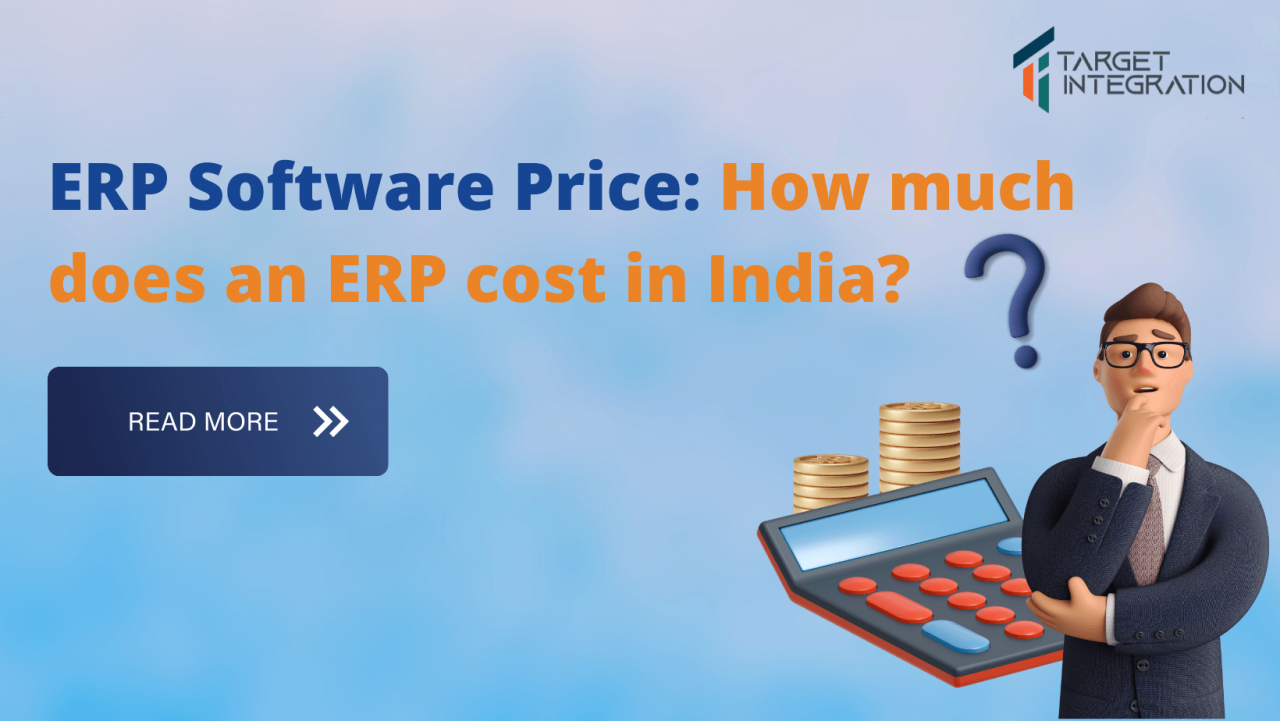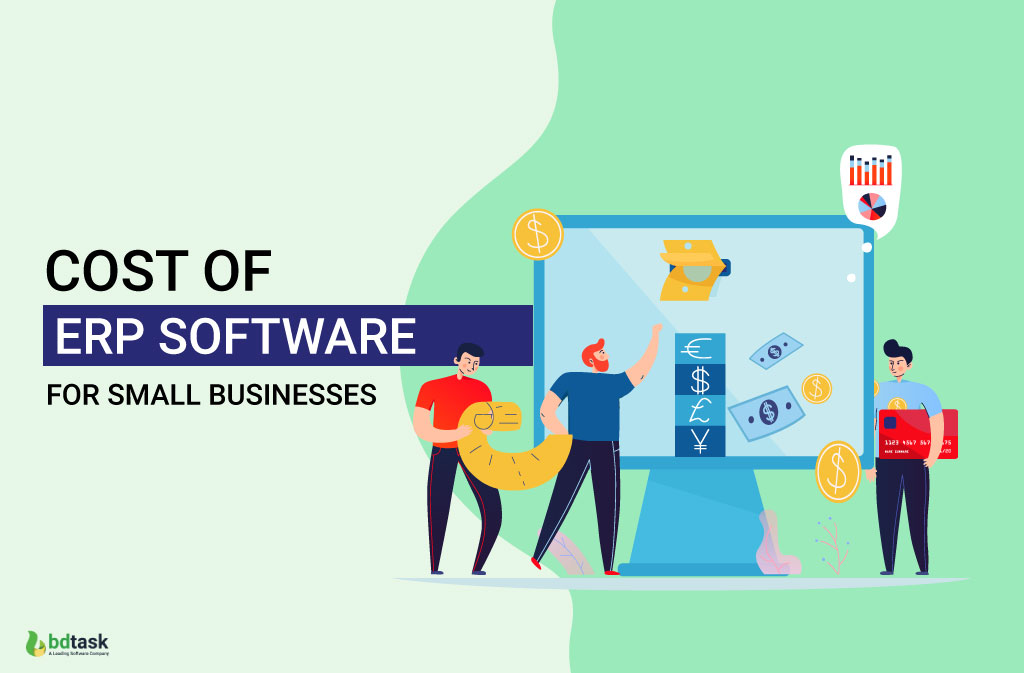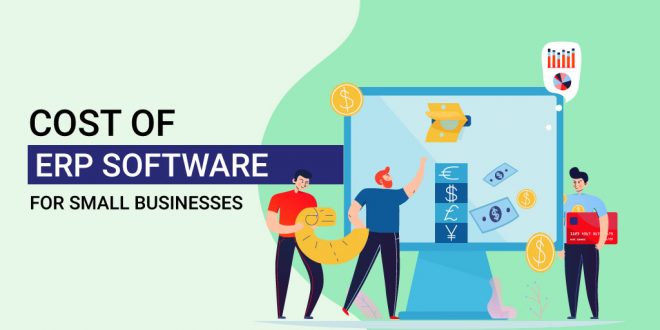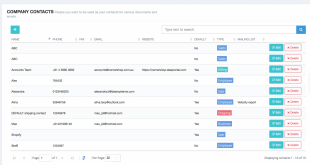Low cost erp for small business in india – Low-cost ERP systems are transforming the landscape for small businesses in India. As businesses navigate the challenges of a competitive market, these cost-effective solutions provide a path to enhanced efficiency, improved decision-making, and significant cost savings.
This comprehensive guide explores the key benefits, features, and considerations for implementing a low-cost ERP system in India. From understanding the advantages to selecting the right system, we delve into the intricacies of this transformative technology, empowering small businesses to unlock their full potential.
Overview of Low-Cost ERP Systems for Small Businesses in India

ERP (Enterprise Resource Planning) systems have become increasingly important for small businesses in India. Implementing a low-cost ERP system can streamline operations, improve efficiency, and boost profitability. These systems provide a comprehensive suite of tools to manage various aspects of a business, including finance, accounting, inventory, sales, and customer relationship management.
Benefits of Implementing a Low-Cost ERP System for Small Businesses
- Streamlined Operations:ERP systems integrate various business processes into a single platform, eliminating the need for multiple standalone systems.
- Improved Efficiency:Automation of tasks and workflows reduces manual errors and saves time.
- Enhanced Data Management:ERP systems provide a centralized database, ensuring data accuracy and accessibility across the organization.
- Better Decision-Making:Real-time data and reporting capabilities support informed decision-making.
- Increased Profitability:Improved efficiency, reduced costs, and enhanced customer satisfaction contribute to increased profitability.
Key Features to Look for in a Low-Cost ERP System, Low cost erp for small business in india
- Affordability:Designed specifically for small businesses with limited budgets.
- Cloud-Based:Accessible from anywhere with an internet connection, reducing hardware and maintenance costs.
- Ease of Use:Intuitive user interface and minimal training requirements.
- Scalability:Ability to grow with the business as it expands.
- Customization:Flexibility to tailor the system to specific business needs.
Popular Low-Cost ERP Systems Available in India
- Zoho One:Cloud-based ERP suite with over 40 integrated applications.
- TallyPrime:On-premise and cloud-based ERP system known for its accounting capabilities.
- Marg ERP 9+:Cloud-based ERP system with a focus on manufacturing and distribution.
- Busy:On-premise ERP system designed for small and medium-sized businesses.
- SAP Business One:Cloud-based ERP system from a leading global software provider.
Benefits of Low-Cost ERP Systems

Low-cost ERP systems offer significant advantages for small businesses in India, empowering them to enhance their operations and decision-making capabilities while optimizing costs.
By leveraging low-cost ERP systems, small businesses can realize substantial cost savings. These systems are typically priced affordably, reducing the financial burden associated with traditional ERP implementations. Additionally, they require minimal hardware and infrastructure investments, further lowering the overall cost of ownership.
Improved Operational Efficiency
Low-cost ERP systems streamline business processes, eliminating redundancies and improving coordination across departments. They provide a centralized platform for managing various aspects of operations, such as inventory management, order processing, and customer relationship management. This integration enhances collaboration, reduces errors, and optimizes resource allocation, leading to increased operational efficiency.
Enhanced Decision-Making
Low-cost ERP systems provide real-time data and analytics, enabling businesses to make informed decisions. These systems offer comprehensive reporting and dashboards that present key performance indicators (KPIs) and business insights. By analyzing this data, small businesses can identify trends, evaluate performance, and make strategic decisions to improve their operations and profitability.
Key Features to Consider: Low Cost Erp For Small Business In India
When selecting a low-cost ERP system for your small business in India, it is essential to consider the key features that align with your specific needs. A well-chosen system will streamline operations, enhance efficiency, and support the growth of your business.
Features Comparison
The following table compares the key features of different low-cost ERP systems available in India:
| Feature | System A | System B | System C |
|---|---|---|---|
| Accounting | Yes | Yes | Yes |
| Inventory Management | Yes | Yes | No |
| Customer Relationship Management (CRM) | Yes | No | Yes |
| Sales Management | Yes | Yes | Yes |
| Reporting and Analytics | Yes | Yes | Yes |
| Scalability | Yes | No | Yes |
| Flexibility | Yes | Yes | Yes |
Importance of Specific Needs
It is crucial to select an ERP system that meets the unique requirements of your business. A system that lacks essential features will hinder your operations and limit your growth potential. For instance, if your business relies heavily on inventory management, choosing a system without this feature would be a significant drawback.
Scalability and Flexibility
As your business grows, your ERP system should be able to scale accordingly. A scalable system can accommodate increased data volumes, users, and transactions without compromising performance. Additionally, flexibility is essential to adapt the system to changing business needs and processes.
Popular Low-Cost ERP Systems in India
Small businesses in India have a plethora of low-cost ERP systems to choose from. These systems offer a range of features and pricing options to meet the specific needs of each business.
Some of the most popular low-cost ERP systems in India include:
SAP Business One
- SAP Business One is a popular ERP system for small and medium-sized businesses (SMBs). It offers a comprehensive suite of features, including financial management, customer relationship management (CRM), supply chain management (SCM), and business intelligence (BI).
- SAP Business One is priced starting at Rs. 5 lakhs per year.
- SAP Business One has a market share of over 50% in the Indian ERP market.
- SAP Business One has a high user satisfaction rating, with users praising its ease of use and scalability.
Oracle NetSuite
- Oracle NetSuite is another popular ERP system for SMBs. It offers a cloud-based solution that is easy to implement and use.
- Oracle NetSuite is priced starting at Rs. 10 lakhs per year.
- Oracle NetSuite has a market share of over 20% in the Indian ERP market.
- Oracle NetSuite has a high user satisfaction rating, with users praising its flexibility and scalability.
Microsoft Dynamics 365 Business Central
- Microsoft Dynamics 365 Business Central is a cloud-based ERP system that is designed for small and medium-sized businesses.
- Microsoft Dynamics 365 Business Central is priced starting at Rs. 5 lakhs per year.
- Microsoft Dynamics 365 Business Central has a market share of over 15% in the Indian ERP market.
- Microsoft Dynamics 365 Business Central has a high user satisfaction rating, with users praising its ease of use and integration with other Microsoft products.
Tally.ERP 9
- Tally.ERP 9 is an on-premise ERP system that is popular in India. It is known for its simplicity and affordability.
- Tally.ERP 9 is priced starting at Rs. 1 lakh per year.
- Tally.ERP 9 has a market share of over 10% in the Indian ERP market.
- Tally.ERP 9 has a high user satisfaction rating, with users praising its ease of use and affordability.
Implementation Considerations
Proper planning and preparation are crucial for successful ERP implementation. This involves clearly defining business objectives, gathering requirements, and assessing the organization’s readiness for change.Implementing a low-cost ERP system involves several steps:
- Planning:Define goals, scope, and project timeline.
- Selection:Evaluate and select an ERP system that aligns with business needs and budget.
- Configuration:Customize the ERP system to meet specific requirements.
- Data Migration:Transfer existing data into the new ERP system.
- Testing:Conduct thorough testing to ensure system functionality.
- Training:Train users on the new ERP system.
- Deployment:Implement the ERP system and monitor its performance.
Tips for Successful ERP Implementation in Small Businesses:
- Engage stakeholders throughout the process.
- Establish a dedicated project team with clear roles and responsibilities.
- Set realistic expectations and timelines.
- Provide adequate training and support to users.
li>Communicate regularly with users and keep them informed of progress.
Final Review
In conclusion, low-cost ERP systems are a game-changer for small businesses in India. By embracing these solutions, businesses can streamline operations, enhance decision-making, and gain a competitive edge. With careful planning and implementation, these systems can unlock a world of possibilities, propelling small businesses towards growth and success.
Originally posted 2024-05-20 11:37:53.
 Bussines News Daily
Bussines News Daily



